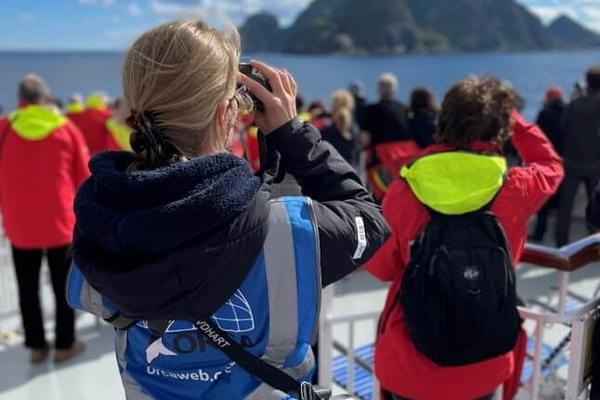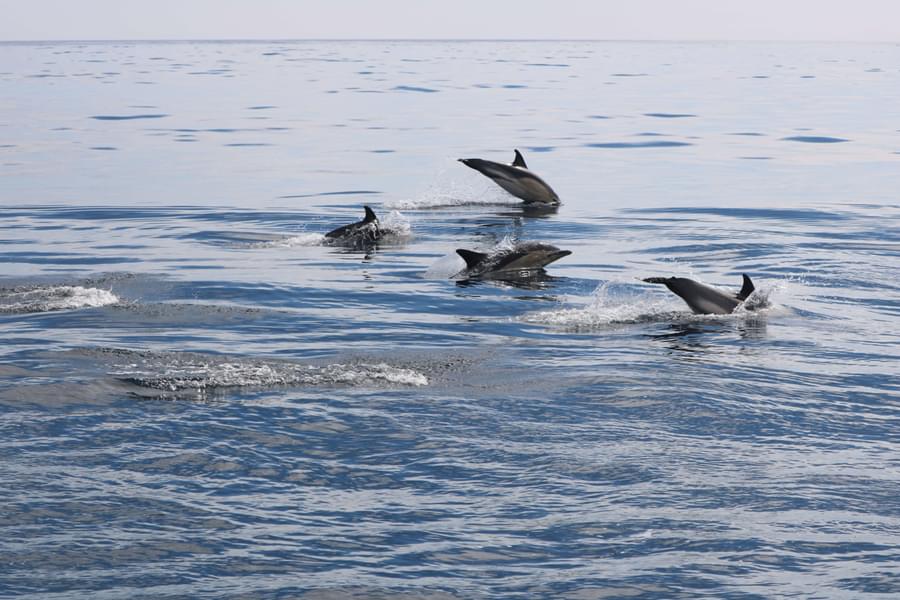This week has brought two very different approaches to safeguarding UK seas. In Scotland, ministers announced new restrictions on bottom trawling across offshore Marine Protected Areas (MPAs), describing the measures as a “major milestone” in ocean protection. In contrast, Defra confirmed it will not impose a blanket ban on trawling in English MPAs - prompting accusations that Westminster is undermining its own conservation commitments.
Scotland’s offshore step forward
From 16th October, bottom-towed fishing gear will be restricted in 20 offshore MPAs covering 60,000 km² of seabed between 12 and 200 nautical miles from the Scottish coast. The measures include a mix of full-site and partial closures, making this one of the most extensive sets of restrictions ever introduced in Scottish waters.
Cabinet Secretary for Climate Action, Gillian Martin, said the move addresses “the twin crises of biodiversity loss and climate change.” Officials stressed that the rules were developed through collaboration with scientists, industry, and communities, and the Joint Nature Conservation Committee (JNCC) hailed the outcome as a “landmark moment.” The Scottish Fishermen’s Federation also backed the measures as a balanced approach that protects habitats while sustaining fishing opportunities.
Campaigners warn of loopholes
Environmental groups point to significant shortcomings. Oceana UK’s Alec Taylor called the announcement “excellent progress” but warned that protections “fall short of the whole-site protections” many have been demanding.
Some of the most heavily trawled areas remain deliberately open. In the Central Fladen MPA, ministers even sought advice from the Chief Scientific Adviser to justify keeping trawling despite objections from their own conservation body, the JNCC. Campaigners say this sets a troubling precedent of political convenience overriding science.
Defra digs in
If Scotland’s action represents cautious progress, Defra’s stance looks increasingly out of step. Earlier this week the department rejected calls for a blanket ban on bottom trawling in English offshore MPAs, insisting such measures would be “disproportionate.” Instead, restrictions will only apply where fishing threatens specific protected features.
Critics argue this piecemeal approach leaves vast areas of supposedly protected seabed exposed. The Environment Audit Committee has warned that allowing trawling in MPAs risks turning them into “paper parks.” Chair Toby Perkins urged ministers to reconsider, saying destructive practices in protected areas undermine the credibility of the entire network.
The Guardian has also reported that more than 90% of UK offshore MPAs remain subject to trawling or dredging. In 2023 alone, over 33,000 hours of seabed trawling took place in “protected” waters, much of it by industrial vessels.
Where We Stand - What Comes Next
Scotland has taken a step forward, though with compromises that leave habitats at risk. Westminster, by contrast, has chosen the path of least resistance. The current Stage 3 consultation on 42–43 offshore MPAs may expand protections, and MMO chief Michelle Willis has hinted that some sites could move from narrow feature-based rules toward more encompassing safeguards. But campaigners warn MPAs risk remaining parks on paper unless measures are strong, transparent, and enforced.
Great Britain has always been a leader in animal welfare, sentience and environmental protection. But the truth is we are no longer at the forefront - in fact we are fast falling behind and that reality is now reflected in policymaking. If we want seas that teem with life and ecosystems resilient to climate change, the choice is clear: move from compromise to commitment, from loopholes to lasting protection. The public demand is growing. The science is clear. Ministers need to pick up the pace.
Main image: Common dolphins

The only way we can create safe spaces for whales and dolphins is by monitoring them and that's where our amazing army of citizen scientists come in. If you want to help us to collect data that can be used to hold governments to account join one of our training courses learn.orca.org.uk

